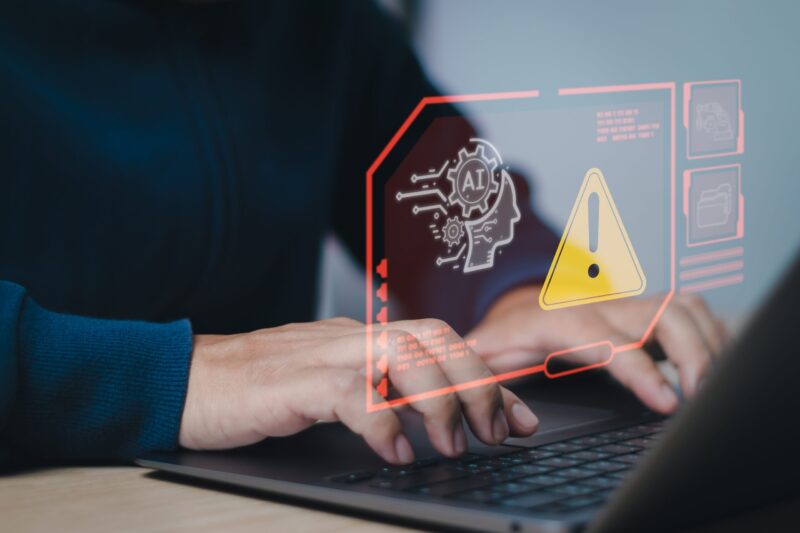AI Can Be Your Confidant, But It Can’t Mirror the Soul

Human connection depends on co-regulation and the subtle nervous system exchange through which people send and receive signals of safety. Long before words, we attune to breath, tone, and presence. This dance of reciprocal signaling allows us to relax, connect, and trust.
AI is becoming remarkably good at many human-adjacent tasks. It can analyze language, detect patterns, respond with precision, and increasingly simulate empathy. Millions of people already turn to AI not only for information but for comfort, reflection, and emotional processing.
But there is a line between reflecting and regulating. Machines can mirror language; humans can mirror what lives beneath it. That difference is decisive.
As AI companions proliferate, the question is no longer whether machines can play the role of a confidant. They already can. Instead, we must ask which human capacities remain irreplaceable when they do.
The impulse to be seen and understood is timeless. What’s new is that the listener is now a machine.
—
### What AI Gets Right
AI’s strengths are obvious. It is endlessly available, judgment-free, and extraordinarily fast at surfacing patterns in what people share. For many, this consistent reflection provides real relief: someone—or rather, something—is always there to help sort through their thoughts.
In a culture marked by chronic busyness and emotional overload, that reliability matters. AI never gets tired, never judges, and can reflect back themes with remarkable speed. For some people, that’s an amazing and effective form of support.
—
### What AI Cannot Do
The limits are mainly physiological. Real human connection relies on co-regulation: the subtle, embodied exchange of breath, silence, micro-expressions, and emotional attunement. These are the signals that tell two people they are safe together.
Machines can organize language to approximate empathy, but they can’t replicate the physiology of shared regulation.
Someone venting to an AI after a stressful day might feel lighter, even gain clarity they wouldn’t have reached through journaling alone. But humans are wired for connection. It’s the medicine we need to move through unease and unsteadiness in life.
—
### Our Hybrid Future
The future is not a competition between human and machine but a collaboration. AI can handle scale, availability, and rapid reflection. Humans bring intuition, embodied presence, ethical discernment, and the ability to regulate together.
Imagine a world where AI companions are seamlessly woven into daily life, offering micro-reflections and gentle prompts throughout the day. People will use these tools to spot patterns, clarify thoughts, and manage stress in real time.
The role of human confidants, meanwhile, may become even more fundamental and intentionally minimalist: quiet, steady presence in a fast, noisy world.
The most powerful support systems will be hybrid. People will move fluidly between AI and human connection depending on what they need.
We can’t out-think AI. So maybe we lean more into what makes us distinct: our emotional lives, our nervous systems, and perhaps even our souls (if you believe we have them).
—
### A Mirror and a Heartbeat
This shift reveals something profound about contemporary culture: people are starving to be witnessed. We live in an age where many constantly broadcast their lives yet rarely feel deeply received.
The turn toward machines for emotional processing reflects both technological possibility and a collective hunger for presence. Social media gives us endless opportunities to speak. It gives us very few places to be truly heard.
AI can mirror language with astonishing fluency. Only humans can offer the grounding presence that tells another nervous system: you are safe here.
AI confidants are already here, and they are genuinely useful. They provide consistency, scale, and analytical brilliance.
But humans offer something machines cannot touch: co-regulation, resonance, and the capacity to hold emotional complexity at a level no algorithm can replicate.
The future of confidants will hinge on the collaboration between two mirrors reflecting distinct facets of truth.
https://innotechtoday.com/ai-can-be-your-confidant-but-it-cant-mirror-the-soul/








